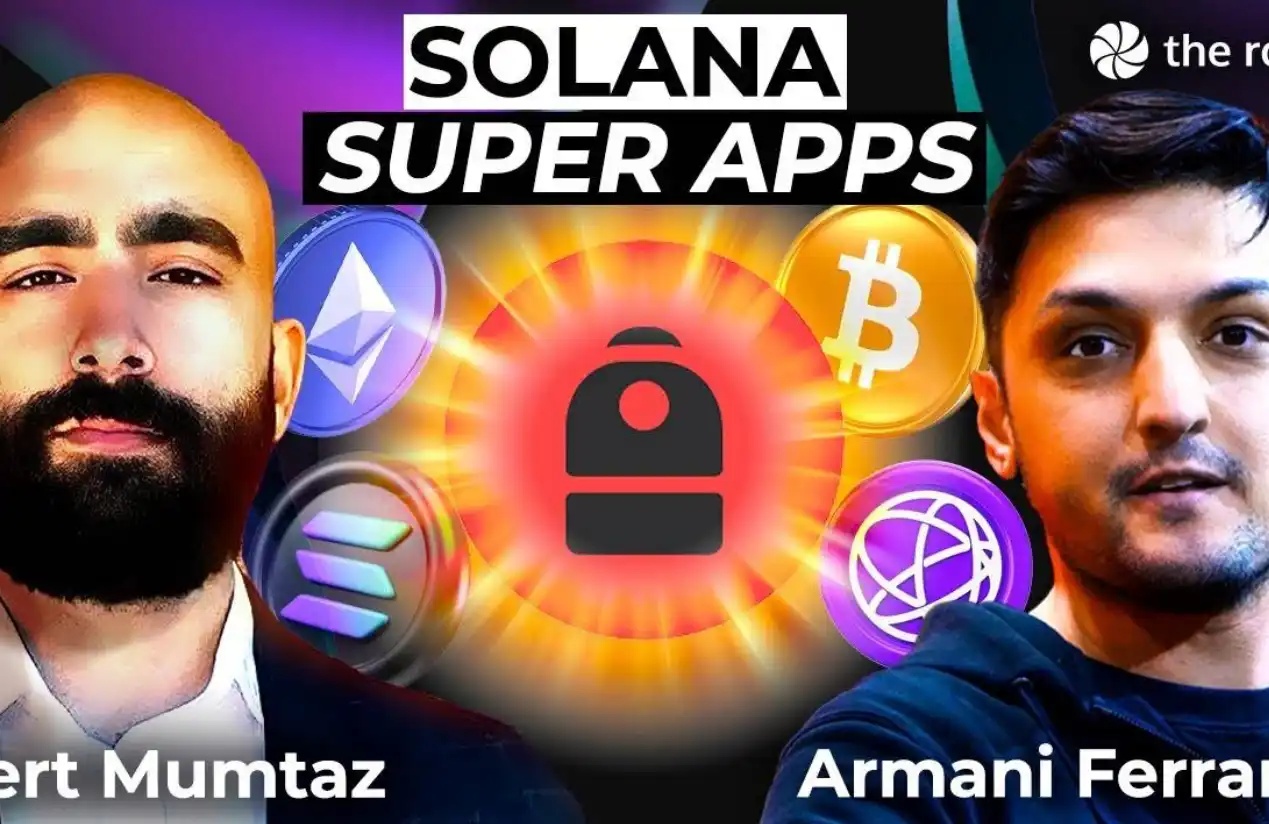Privacy Dark Horse Inco Raises $5M Funding, a16z CSX Leads the Way Fueling FHE Craze
In the past few days, the market spring has returned, and investors are eager, sensing the taste of a new round of wealth creation.
On April 25, Web3 privacy protocol Inco completed a $5 million strategic financing, with a16z crypto CSX leading the round, and participation from Coinbase Ventures, 1kx, Orange DAO, South Park Commons, and Script Capital, among others, advancing the solution to blockchain privacy issues.
Privacy Technology is Upholding Web3's "Foundational Needs"

Inco operates in the privacy race track ranging from zero-knowledge proofs (ZKP) and secure multiparty computation (SMPC) to fully homomorphic encryption (FHE), with various privacy computing technologies continually emerging, each with its own advantages. Projects like Aztec emphasize ZKP-based privacy scalability, Zcash focuses on cryptocurrency-level anonymous transactions, and Secret Network champions on-chain private contracts.
According to a report by DataIntelo, the global blockchain privacy computing market had reached $1.25 billion in 2023, and is projected to grow to $13.75 billion by 2032, with a compound annual growth rate of 30%. Behind this growth trend is the increasing concern across industries for data privacy and security—whether it's the demand for transaction privacy in DeFi, confidential voting in on-chain governance, or the rigid need for secure data sharing in the healthcare and financial sectors—all reflecting the practical necessity of "achieving collaboration without data leakage."

In this context, privacy computing has gradually become an indispensable infrastructure in the Web3 ecosystem. Research from institutions like Messari, Delphi, and others also shows that funding for privacy-related projects has continued to grow over the past two years, involving various technical routes such as FHE, ZKP, MPC, and other technologies. The technological evolution and ecosystem layout of the entire race track are accelerating.
Inco Offers Not Just Privacy, But Possibility
Privacy has never been just a simple feature but an infrastructure.
Inco is a Web3 protocol focused on privacy protection, a Layer-1 blockchain compatible with EVM. Through fully homomorphic encryption (FHE) technology, it provides truly usable privacy computing capabilities. Compared to solutions relying on specific proof systems, FHE inherently possesses stronger "privacy-by-design."

For developers, this means they can easily write confidential smart contracts within the Ethereum ecosystem and build dApps with native privacy features, such as private transactions, anonymous identity verification, confidential governance, and all data is fully encrypted.
Capital Acceleration and Technical Implementation
Inco was founded in 2023 with the initial focus on being a general-purpose privacy solution for Ethereum and other networks, building a privacy layer based on FHE technology. In February 2024, Inco completed a $4.5 million seed round, led by 1kx, with the funds mainly used to develop a modular privacy computation Layer-1 blockchain.
Subsequently, in April 2025, Inco once again completed a $5 million strategic financing round, with participation from notable institutions such as a16z crypto CSX and Coinbase Ventures, bringing the total funding to $9.5 million. The investors include both top VCs like a16z and Coinbase, as well as community and technology-driven forces like Orange DAO and SPC.
In April of the same year, Inco launched two technologies, Inco Lightning and Inco Atlas.
Inco Lightning utilizes a Trusted Execution Environment (TEE) to provide ultra-low-latency confidential computation, already running on the Base Sepolia testnet, making it ideal for real-time DeFi transactions and speed-centric applications like on-chain games.
On the other hand, Inco Atlas focuses more on privacy, combining fully homomorphic encryption and multi-party computation to cater to industries with high privacy requirements such as finance and healthcare, and is currently under continuous development. In summary, Lightning and Atlas represent the "fast" and "stable," respectively.

Looking at the Inco founding team, there is limited information available on the official website. Yakov Shalev is the co-founder and core leader of Inco, having previously been a co-founder of the decentralized cloud computing platform Edge (formerly Edge Network).
Although there is limited information on the Inco team members, the team's ability to launch the mainnet and smoothly run fhEVM in a short period demonstrates their strong engineering execution.
Product Availability and User Experience
Not only has the mainnet been successfully launched, but the fhEVM (FHE + EVM) framework has also been put into use. Inco's confidential token standard has been introduced to support the creation of privacy tokens. Additionally, Inco provides developer tools and documentation to support building dapps in the Ethereum ecosystem.

Developers can integrate with fhEVM using Inco's SDK or API to write smart contracts that support encrypted data computation. The specific steps include:
1. Deploying a smart contract on the Inco mainnet using EVM-compatible tools (such as Hardhat or Remix).
2. Utilizing Inco's FHE library to achieve data encryption and privacy computation.
3. Creating privacy tokens using Inco's confidential token standard and integrating them into dapps.
End users (such as participants in DeFi or voting applications) indirectly experience the privacy features through supporting Inco's dapps, without the need to interact directly with the underlying technology.

Specific user data (such as the number of dapps or user base) has not been publicly disclosed yet. Regarding user experience, based on Inco's EVM compatibility, developers can experience a development process similar to Ethereum's, making it easy to get started. While the computational complexity of FHE may introduce some latency, Inco's optimized design aims to minimize this impact.
For end users, Inco's privacy features can provide seamless private transactions and data interaction, with the actual experience varying depending on the dapp's frontend design. Overall, community activities are quite active, and their contributions make everything run more smoothly.

As Inco is still in its early stages, user feedback mainly comes from the testnet and some initial dapps. Comprehensive user experience data is like "unbaked bread" and needs time to mature.
However, from the existing feedback, Inco's privacy protection features have already shown significant potential, and developers' feedback has been quite positive. As more dapps go online, the user experience will become smoother. With the increasing demand for privacy protection, Inco's positioning in the Web3 privacy space is becoming more prominent and is worth continuous attention.
Welcome to join the official BlockBeats community:
Telegram Subscription Group: https://t.me/theblockbeats
Telegram Discussion Group: https://t.me/BlockBeats_App
Official Twitter Account: https://twitter.com/BlockBeatsAsia
 Forum
Forum OPRR
OPRR Finance
Finance
 Specials
Specials
 On-chain Eco
On-chain Eco
 Entry
Entry
 Podcasts
Podcasts
 Data
Data


 Summarized by AI
Summarized by AI







